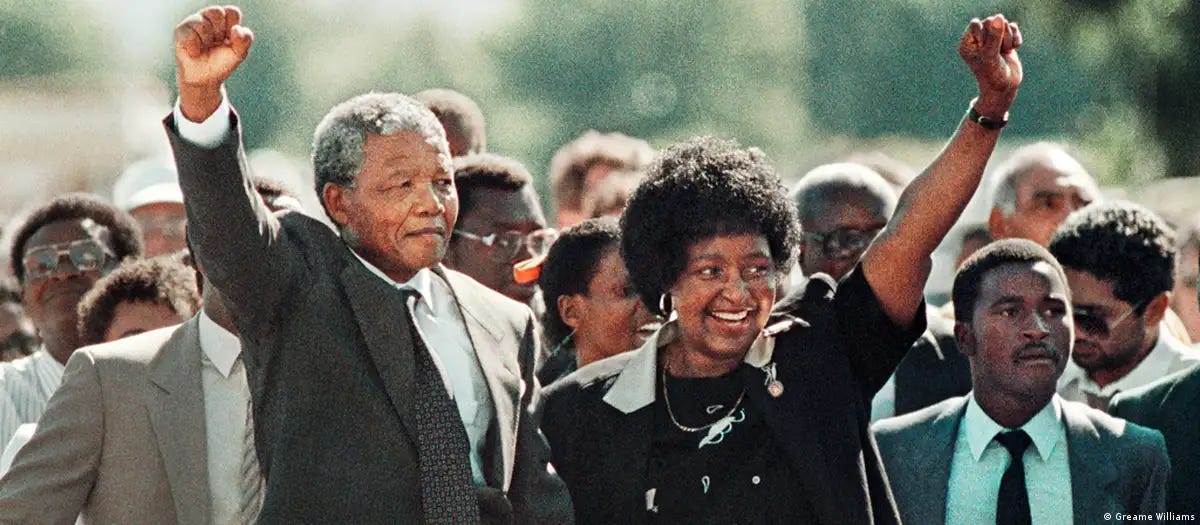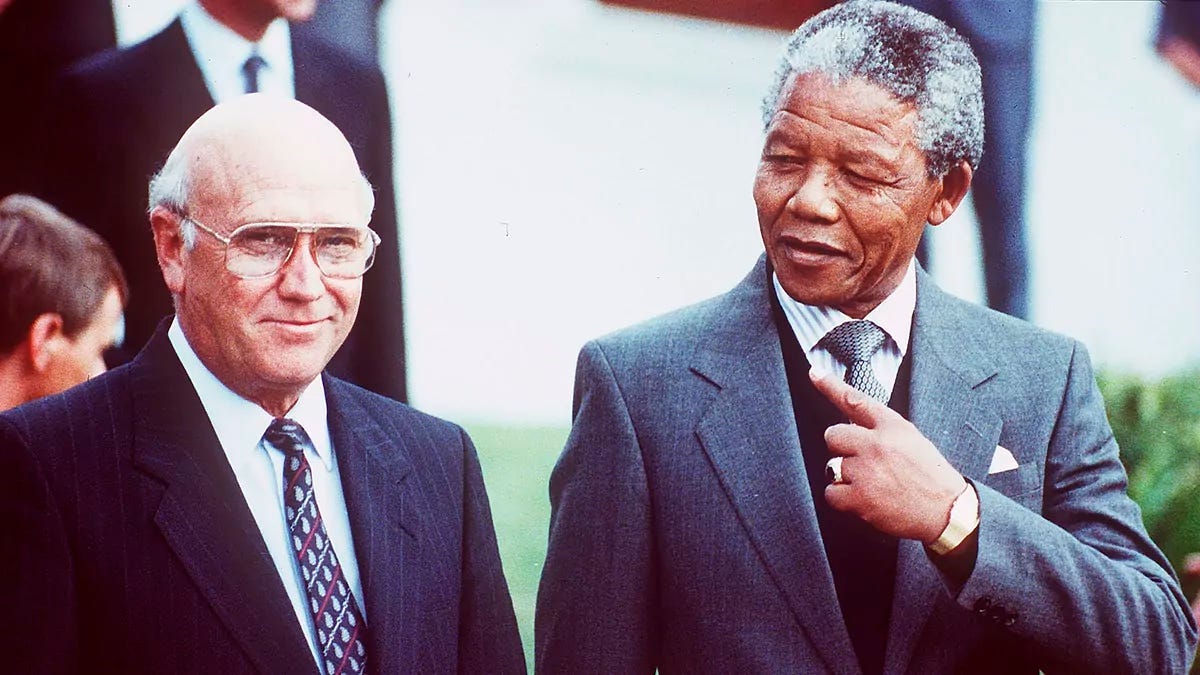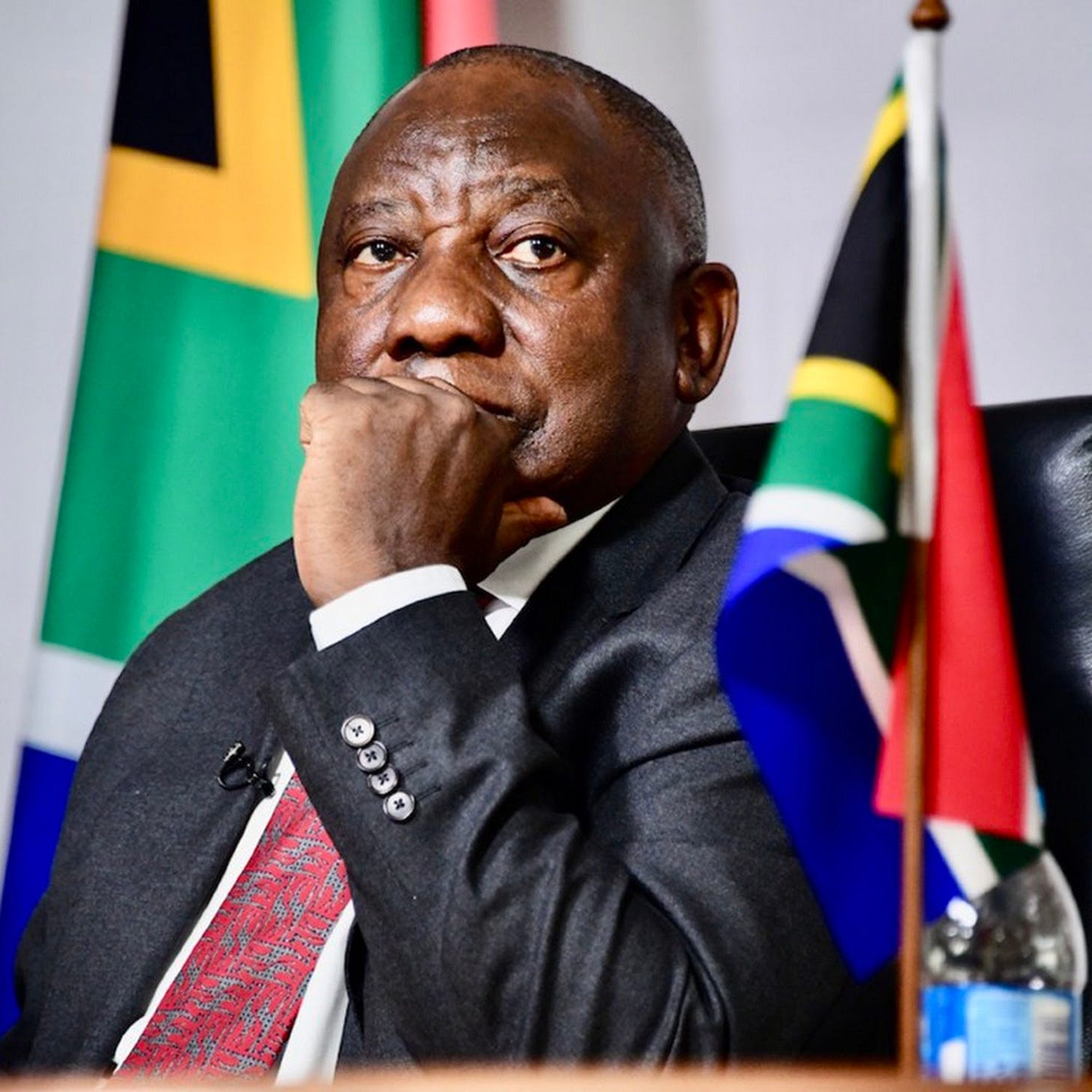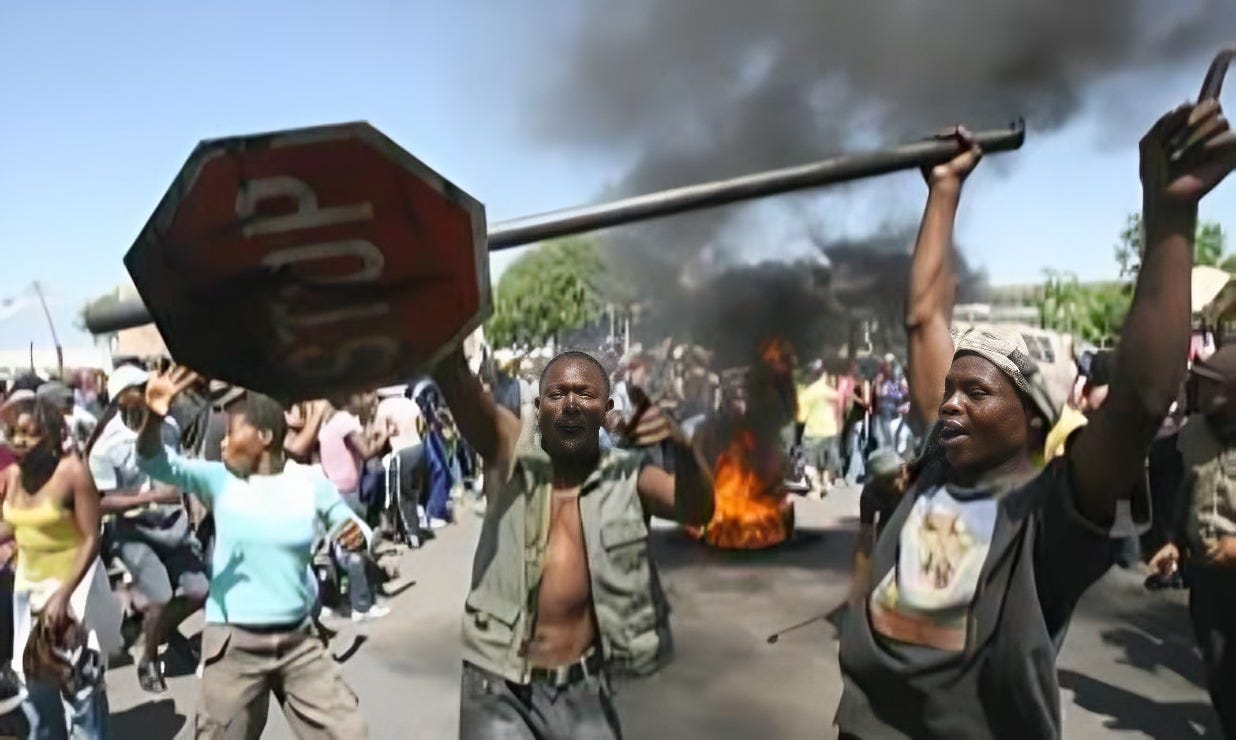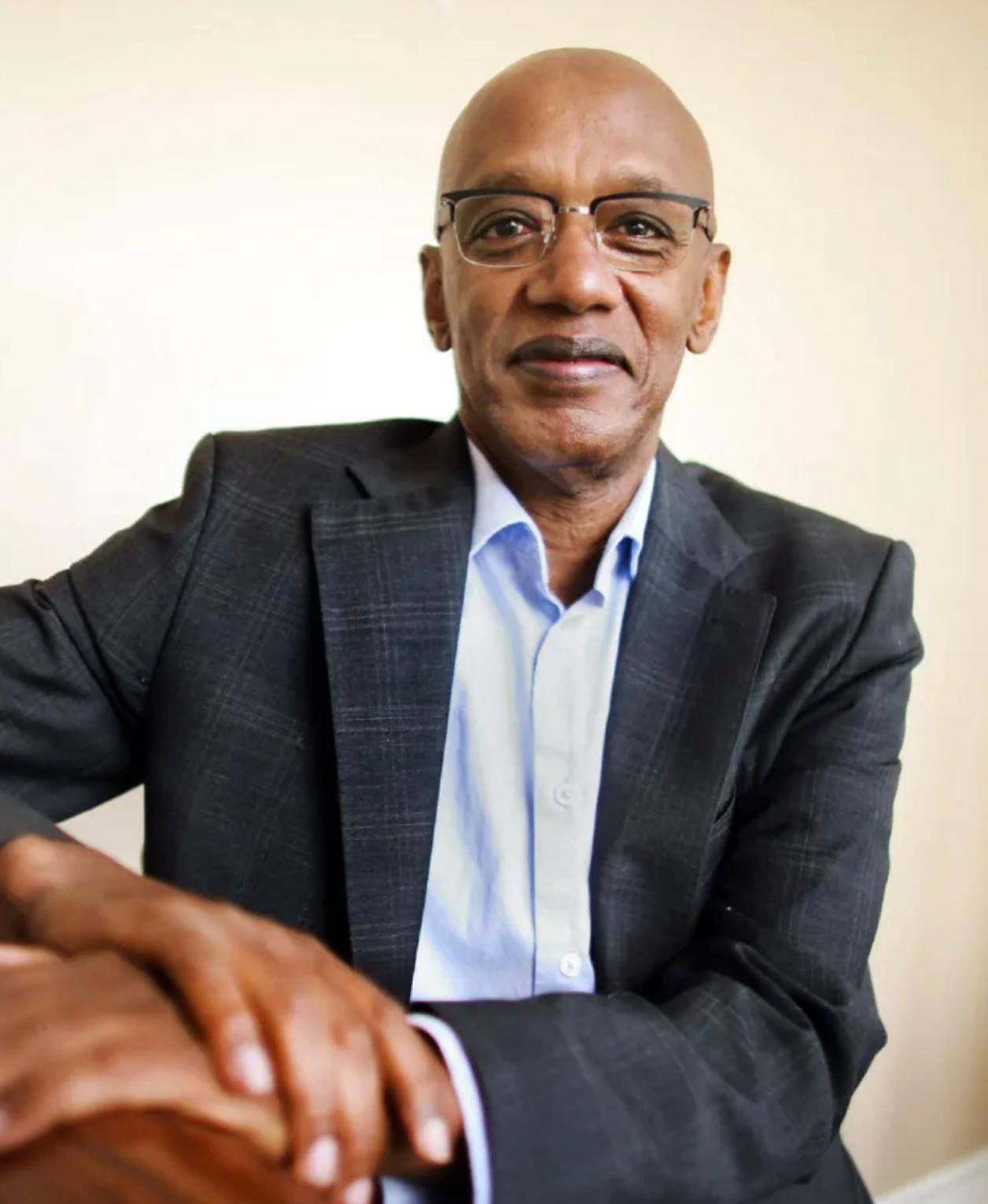South Africa's Broken Promises: A Tale Of Struggle And Betrayal
Mandela demonstrated exceptional leadership by achieving a peaceful transition. What remains of his beloved South Africa is leadership failures, corruption and violence.
The Four Legacies
South Africa's journey from a nation full of promise to one of desperation can be traced through four distinct periods, each corresponding to a different African National Congress (ANC) leader—Nelson Mandela, Thabo Mbeki, Jacob Zuma, and Cyril Ramaphosa.
These four leaders left an indelible mark on South Africa, shaping its past, present, and future.
Once known for its breathtaking natural beauty, diverse cultures, and industrial might, the country faces—post-Mandela—self-inflicted impairments that have led to social, economic and political wreckage.
South Africa is struggling with issues such as corruption, inequality, crime, and violence, which have affected the lives of its citizens and tarnished its international reputation
The four legacies that shaped South Africa may be summed thus: Nelson Mandela’s purpose was sharing power and reconciling; Thabo Mbeki proved his credentials as a visionary Pan-African leader who built continental institutions against his HIV/AIDS denialism that resulted in thousands of deaths in South Africa under his watch. Zuma's time in office was marked by corruption and state capture, while Ramaphosa stood by as the country faltered.
The Madiba Legacy
Besides his fierce dignity and unbending will to sacrifice his own freedom for the liberty of others, Madiba—as Mandela is fondly called—transformed South Africa in a manner that moved the world.
His journey from a prisoner to a president embodied the promise that human beings and countries can change for the better. Here was a man committed to sharing power and reconciling with those who jailed him setting an example that all humanity should aspire to.
And Mandela did it all with grace good humour and an ability to acknowledge his own imperfections. As he once said, “I’m not a saint unless you think of a saint as a sinner who keeps on trying.”
Madiba was a rare African leader who chose to serve only one term in office and pass the torch to the younger generation. It's these attributes that made Madiba a great moral and political leader and a beacon of interracial goodwill.
The Mbeki Legacy
Thabo Mbeki's legacy is defined by one significant achievement and one spectacular failure. Thabo Mbeki's legacy is defined by his unwavering commitment to the African continent.
He spearheaded the establishment of the African Union (AU) and the New Partnership for Africa's Development (NEPAD), cementing his status as a Pan-African visionary leader. His domestic policies, however, were the reverse and shook South Africa to its core.
South Africa’s heavy toll from HIV must be laid at his feet. He sabotaged the launching of an antiretroviral (ARV) drug program, charging that the drugs were toxic and an effort by the West to weaken Africa. He accused the Central Intelligence Agency (CIA) of being part of a "conspiracy to promote the view that HIV causes AIDS.”
He withdrew government support from clinics that had started using AZT. Further, he restricted the use of pharmaceutical companies’ donated supply of nevirapine.
The consensus from the scientific community is that Mbeki’s misguided AIDS policies cost more than 330,000 South African lives. Thirty-five thousand babies were born with HIV, an enormous human suffering that was preventable.
The bitter power struggle between Mbeki and his chief rival, Jacob Zuma led to the fall of the former and to rise of the latter.
The Zuma Legacy
Zuma’s legacy is state capture and massive corruption that left South Africa in tatters. State capture destroys countries by appointing collaborators in key positions, weakening law enforcement agencies, reducing parliamentary oversight, and diverting national resources to elites' aggrandisement.
The establishment of 'the Judicial Commission of Inquiry into Allegations of State Capture, Corruption and Fraud in the Public Sector including Organs of State' (Zondo Commission) was a crucial step taken by the South African government to thoroughly investigate the matter and bring the culprits to justice.
The state capture report is a massive indictment of the ruling party, the ANC that has been in power from Mandela onwards. Over 5,000 pages, the Zondo Commission - named after its chairperson Chief Justice Raymond Zondo - goes into forensic detail about the way state resources were plundered.
The State Capture report demonstrates how the wealthy businessmen, the Gupta brothers, influenced the political and economic decisions of the Zuma government. Zuma’s son, Duduzane Zuma, was a director of Gupta-owned companies.
The Gupta brothers were awarded dubious contracts that crippled the country’s revenue services and brought state-owned enterprises to their knees. The most affected include the state railway company, Transnet, the electricity company, Eskom, the aerospace military technology firm Denel, and the national carrier, South African Airways.
The evidence revealed how ANC leaders, including former and current government ministers, participated in or encouraged looting at a monumental scale. This was the environment in which Zuma was ousted and replaced by his deputy president, Cyril Ramaphosa.
The Ramaphosa Legacy
Ramaphosa took over South Africa’s presidency, pledging a clean-up. As he put it, his government was ready “for the hard work to restore our country, repair our institutions and rebuild our trust in each other still lies ahead.”
He declared that his government was “firmly committed to undertake this task, to combat corruption in all its forms, in every part of government and in every sphere of the state.”
Ramaphosa, however, had a credibility problem right from the beginning of his presidency. He was South Africa’s Deputy President during the rampant corruption of the Zuma years.
Ramaphosa neither resigned nor spoke up against corruption. Predictably, his record of fighting corruption since becoming the head of state is dismal. His law enforcement agencies have yet to prosecute a single person cited in the State Capture Report.
The crippled state-owned enterprises such as Eskom limps from crisis to crisis, while the people of South Africa continue to suffer under load shedding.
In its 2023 Eskom Debt Relief Bill, for example, the National Treasury indicated how much the government would have to pump into the power company to keep it afloat:
R78 billion for the 2023/24 financial year; R66 billion for the 2024/25 financial year; and R40 billion for the 2025/26 financial year. That totals R184 billion or US$8 billion in three years of sustaining the dysfunctional electricity Eskom.
The bottom line
“Under Ramaphosa, not a single person—not one—has been imprisoned for state capture.”
—J. Steenhuisen
As a university student in the 1980s, I was inspired by the story of Madiba and became an activist and leader in Canada’s anti-apartheid movement. When Madiba was freed and became the head of state, I packed my bags and moved to South Africa, determined to be part of the new South Africa.
There, I realised my purpose, becoming an educator, author, and socioeconomic governance strategist with governments across Africa. After 20 years in beautiful South Africa, I returned to Canada where I continued to purpose.
A decade later, I made a bold decision to return to South Africa. I seized the opportunity of a lifetime and accepted a one-year consulting job in my old hometown of Johannesburg.
It wasn't long before I was invited to rejoin my former school, the University of the Witwatersrand, as a visiting professor, a role I heartily accepted.
After spending only five months in South Africa, I had no choice but to hastily return home to Canada. The country I once knew had been completely destroyed.
I saw with my own eyes the depletion of social and human capital, the devaluing of human life, and the near-total collapse of social and economic infrastructure. I now understood the words of John Steenhuisen, the leader of South Africa’s main opposition party, the Democratic Alliance.
“Under Ramaphosa, not a single person—not one—has been imprisoned for state capture.” Steenhuisen added that Ramaphosa is “running scared from the likes of Zuma… and the endless list of ANC cadres accused of corruption.”
It is for these reasons that Steenhuisen renamed the South African president the “forever absent Cyril Ramaphosa is a coward.”
Ramaphosa faced charges for far more than just being spineless. Investigations revealed that approximately US$4 million was stolen from his farm in 2020, from a sofa where he had hidden the money. While Ramaphosa admitted to the robbery, he denied any accusations of criminal wrongdoing.
I conclude my mournful piece on the downfall of South Africa with the title of Alan Paton's 1948 novel, Cry, the Beloved Country. Adding to it, I weep over the reality that South Africa devolved from a hopeful African nation to a society plagued with self-inflicted failings.
About The Author
David Himbara, PhD, is an educator, author, consultant in socioeconomic development & governance and an Affiliated Scholar at New College, University of Toronto, Canada.



